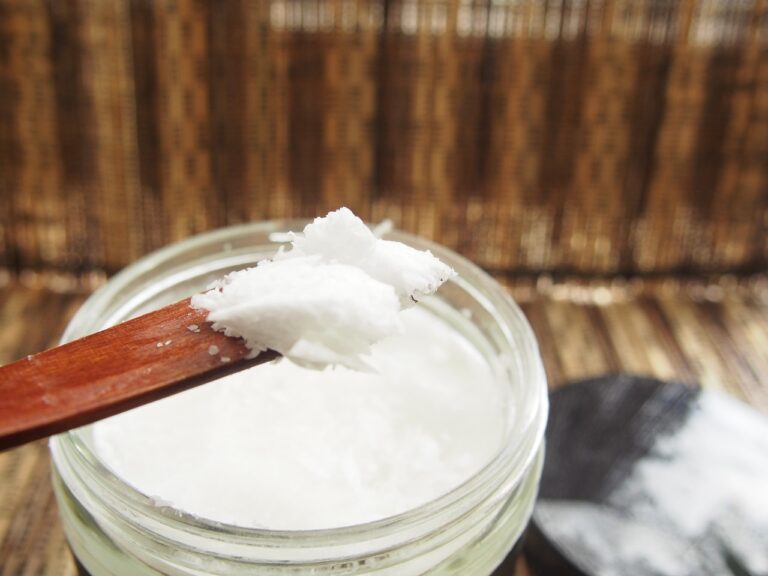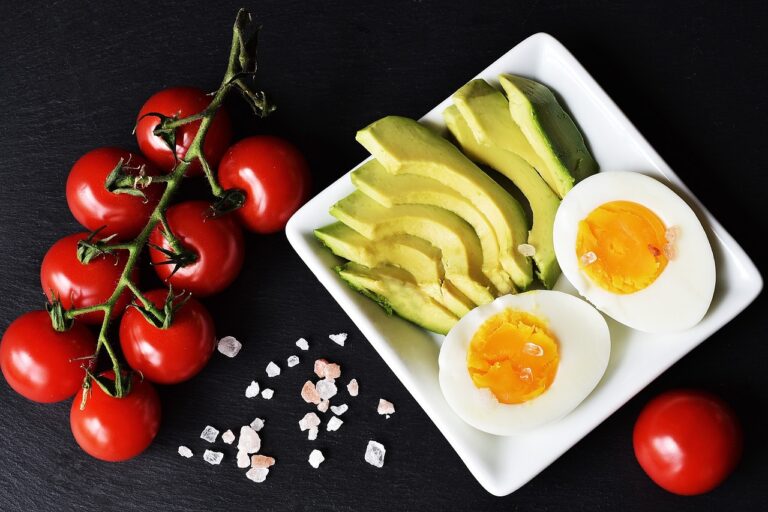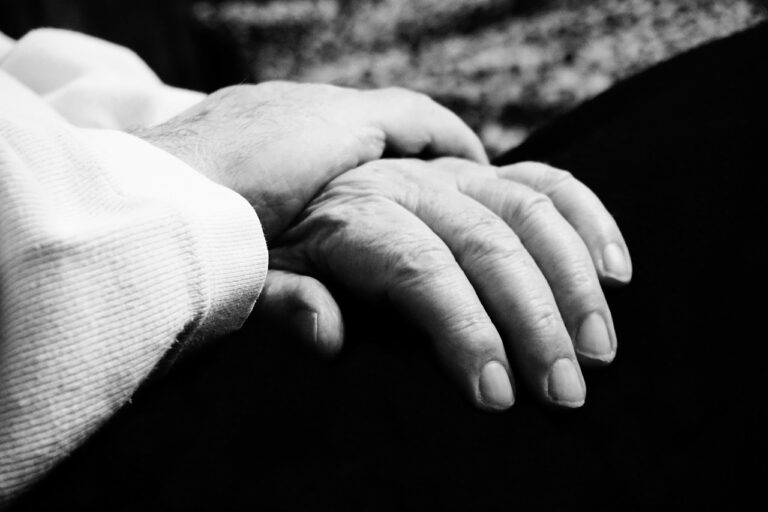Exploring the Benefits of Horticultural Therapy for Veterans with PTSD
99 exch, laser 247 com, yolo 247 login:As the saying goes, “nature heals.” For veterans suffering from post-traumatic stress disorder (PTSD), horticultural therapy offers a unique and effective way to manage symptoms and improve overall well-being.
What is horticultural therapy?
Horticultural therapy involves engaging individuals in gardening and plant-related activities to promote physical, mental, and emotional well-being. It can include activities such as planting, gardening, harvesting, and caring for plants.
How does it benefit veterans with PTSD?
1. Stress reduction: Gardening has been proven to reduce stress levels and promote relaxation. For veterans with PTSD, who often experience heightened levels of stress and anxiety, engaging in horticultural therapy can provide a calming and therapeutic outlet.
2. Improved mood: Spending time in nature and working with plants has been shown to boost mood and increase feelings of happiness and well-being. This can be particularly beneficial for veterans struggling with depression or mood swings as a result of PTSD.
3. Sense of purpose: Gardening provides a sense of purpose and accomplishment, as veterans can see the tangible results of their efforts in the form of blooming flowers, flourishing vegetables, or well-maintained gardens. This can help boost self-esteem and confidence.
4. Social connection: Horticultural therapy often involves group activities, providing veterans with a sense of camaraderie and a chance to connect with others who may be facing similar challenges. This social support can be invaluable in the healing process.
5. Healing through nature: Being in nature has been shown to have a healing effect on the mind and body. The sights, smells, and sounds of the natural world can help veterans with PTSD feel more grounded and connected to the world around them.
6. Coping skills: Gardening requires patience, problem-solving, and resilience all valuable skills that can help veterans cope with the symptoms of PTSD and navigate the challenges they may face in their daily lives.
7. Physical health benefits: Engaging in horticultural therapy can also have physical health benefits, such as improved strength, coordination, and flexibility. This can be particularly beneficial for veterans who may be struggling with physical health issues as a result of their service.
8. Sense of control: PTSD can make individuals feel out of control and powerless. Gardening allows veterans to take control of their environment and make decisions that impact the outcome of their garden. This sense of agency can be empowering and therapeutic.
Overall, horticultural therapy offers a holistic approach to healing for veterans with PTSD, addressing the physical, mental, emotional, and social aspects of their well-being.
FAQs
Q: How can veterans access horticultural therapy programs?
A: Many organizations, such as veterans’ hospitals, community centers, and non-profit organizations, offer horticultural therapy programs specifically designed for veterans. Veterans can inquire at their local VA hospital or contact organizations like the American Horticultural Therapy Association for more information.
Q: Is horticultural therapy effective for all veterans with PTSD?
A: While horticultural therapy can be beneficial for many veterans with PTSD, it may not be a suitable option for everyone. It’s essential for veterans to work with healthcare professionals to determine the best course of treatment for their individual needs.
Q: Can veterans with limited mobility still participate in horticultural therapy?
A: Yes, horticultural therapy programs can be adapted to accommodate veterans with limited mobility. Raised garden beds, adaptive tools, and seated gardening activities can all make it possible for veterans with physical limitations to participate in and enjoy the benefits of horticultural therapy.







